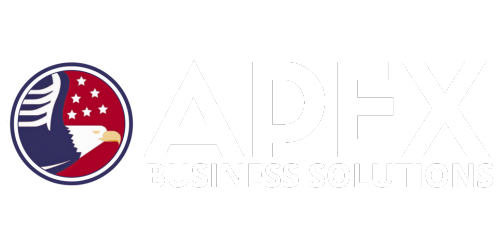Using Assets Can Make Getting Approved Faster
Leveraging Assets for Business Credit: Utilizing your existing assets can significantly streamline the process of obtaining new business credit accounts and financing. By offering assets as collateral, you can access a wider range of funding programs, especially as your business becomes more bankable. This includes leveraging revenue streams as collateral or selling them for immediate working capital. Having working capital is crucial for initial expenses and down payments to maximize business credit opportunities.
Understanding UCC Filings: A Uniform Commercial Code (UCC) filing is a legal form that a creditor files to declare a security interest in your assets. This filing is public and alerts other potential creditors about existing claims on your assets. It’s essential to be aware of any UCC filings against your business or personal assets, as they can impact your ability to secure future loans.
Common UCC Filing Scenarios:
- Tax Liens, Mechanic Liens, and Judgments: These indicate outstanding debts and can affect creditworthiness.
- Blanket UCC Filings: Often seen with SBA or PPP loans, these filings can encumber all current and future assets of the business and the owner, limiting their use as collateral for future loans.
Checking UCC Filings: Before applying for new loans or funding, it’s advisable to review any UCC filings associated with your business. This preemptive step can prevent surprises and rejections due to undisclosed liens or claims.
Asset-Based Funding Options:
- Personal Assets: Assessing the value of personal real estate, structured settlements, or retirement investments can provide avenues for securing business credit.
- Business Assets: Evaluating outstanding invoices, existing purchase orders, and the value of owned equipment can unlock additional funding options.
Note on Building Credit Without Assets: While leveraging assets can expedite the business credit building process, it’s also possible to establish business credit without using personal or business assets. This approach focuses on other aspects of creditworthiness, such as revenue, business history, and credit relationships.
Action Points:
- Assess the value of both personal and business assets.
- Check for any existing UCC filings and understand their implications.
- Explore asset-based funding options suitable for your business needs.



Leave A Comment